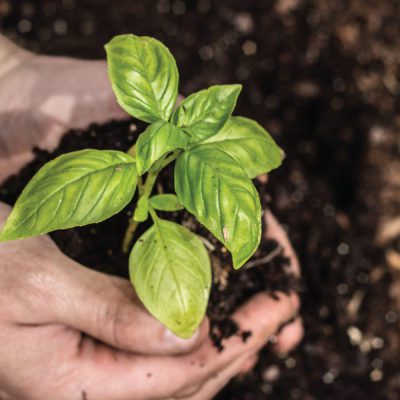EVENTS
June 1-16 – Fossil Free PCUSA Walk between Louisville, KY and St. Louis, MO, leading to GA223. Sponsored by Fossil Free PCUSA. For a Presbyterian Outlook article about the walk, click here.
June 30 – Stream Testing Training in Huntington. For sites in Wayne, Cabell, Putnam, Jackson and Roane counties; sponsored by the Ohio Valley Environmental Coalition (OVEC) and WV Rivers. For more information about ways individuals can monitor and protect streams in other parts of the state, click here.
Earth Care Bible School
 From Glenville Presbyterian. For more information, contact Kayla Walsh at mgilbe3@gmail.com. The program’s title is Dust to Dust: God’s Good Soil, and the curriculum was adapted from Illustrated Children’s Ministry. Following are some activities the church did:
From Glenville Presbyterian. For more information, contact Kayla Walsh at mgilbe3@gmail.com. The program’s title is Dust to Dust: God’s Good Soil, and the curriculum was adapted from Illustrated Children’s Ministry. Following are some activities the church did:
- WETLAND IN A PAN
In order to have a successful wetland, you need three things: plants, water, and soil. - SOIL HORIZONS
Soil is made up of a mixture of sand, silt, clay, and rotted plant (organic) material. Different soil types have differing percentages of each. This jam jar soil experiment helps you to understand what the proportions of these are for the soil you work with. Try it with soils from different areas and compare the results to see how soils vary. Try it also with the soils you get in bags from garden centers for growing seeds and see how that varies from your garden soil. - DIRT PUDDING
- PAINT WITH SOIL
- BERLESE FUNNEL
Soil is alive! In fact, a single shovel of rich garden soil contains more species of organisms than can be found aboveground in the entire Amazon rainforest. With this activity, you observe how many organisms are actually in soil. - GENERAL SOIL ACTIVITIES
Try various experiments here. See a variety of projects, information and more here. - WORM COMPOSTING
Glenville Presbyterian is going to create a vermi composting bin (composting indoors with worms) with worms from Uncle Jim’s Worm Farm. If you decide to try this, one word of advice: never release the Red Wigglers (composting worm) into the wild because they reproduce quickly and eat a lot, resulting in detrimental effects to our forest ecosystems. See - STREAM CLEAN UP
